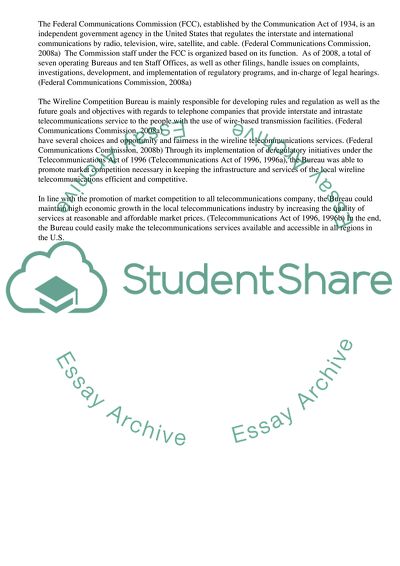Cite this document
(Monopolies in the Media Business Research Paper, n.d.)
Monopolies in the Media Business Research Paper. Retrieved from https://studentshare.org/business/1544704-monopolies-in-the-media-buisness
Monopolies in the Media Business Research Paper. Retrieved from https://studentshare.org/business/1544704-monopolies-in-the-media-buisness
(Monopolies in the Media Business Research Paper)
Monopolies in the Media Business Research Paper. https://studentshare.org/business/1544704-monopolies-in-the-media-buisness.
Monopolies in the Media Business Research Paper. https://studentshare.org/business/1544704-monopolies-in-the-media-buisness.
“Monopolies in the Media Business Research Paper”, n.d. https://studentshare.org/business/1544704-monopolies-in-the-media-buisness.


